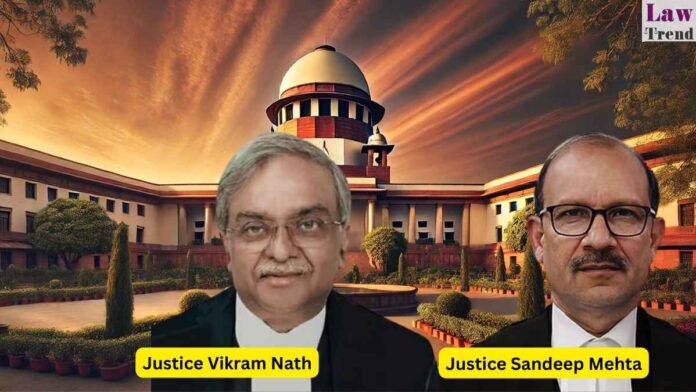The Supreme Court of India, in a significant ruling on civil procedure, has held that a plaint cannot be rejected under Order VII Rule 11 of the Code of Civil Procedure, 1908, if the plaintiff is entitled to even one of the many reliefs claimed. The bench, comprising Justice Vikram Nath and Justice Sandeep Mehta,
To Read More Please Subscribe to VIP Membership for Unlimited Access to All the Articles, Download Available Copies of Judgments/Order, Acess to Central/State Bare Acts, Advertisement Free Content, Access to More than 4000 Legal Drafts( Readymade Editable Formats of Suits, Petitions, Writs, Legal Notices, Divorce Petitions, 138 Notices, Bail Applications etc.) in Hindi and English.




